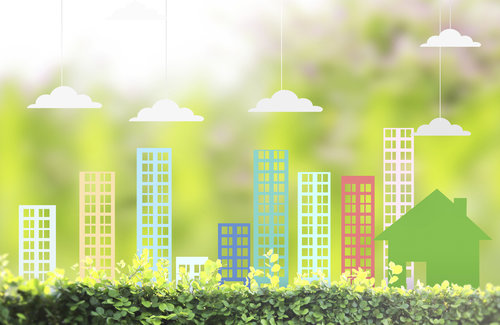Many want to own a house, but the finances are only feasible for an increasingly select few
It is a truth universally acknowledged that the vast majority of renters in America aspire to homeownership. Indeed, according to a recent survey from Freddie Mac, of the American renters who saw a rent increase this year, 70 percent aspire to own a home.
What that survey also found, though, was that same 70 percent of renters are unable to buy a home, and for a very simple reason that new data from Zillow has elaborated upon – rents continue to increase, and as a result, renters are unable to adequately save for a down payment.
In an analysis that compared mortgage payments to monthly rents in 2015, Zillow found that American homeowners commit 15 percent of their monthly income to mortgages, compared to 30.2 percent for rents; so rents are, in other words, twice as expensive in today’s housing market as mortgages. And here in Boston, the costs are even higher, with mortgage holders paying 22.2 percent to renters’ 35.1 percent.
Trapped in a Rental Spiral
Although it is tempting to look at Zillow’s analysis as confirmation of homeownership’s relative affordability, the data in fact speaks to the precarious place many consumers find themselves in with today’s housing market.
It is a problem that has many roots:
- Housing, driven by deep-pocketed investors and more affluent consumers, has bounced back from the dark days of 2009 and 2010, pushing home prices up by double-digit amounts in some metro areas.
- At the same time, millions of Americans have seen little to no improvement in their economic standards, and the cost of housing has then far exceeded their earnings.
- And underlining it all is the rental market. Because lending standards remain tight (and because so many Millennials are in a tough economic bind), rental demand is abnormally high, which has pushed rents to their highest level in decades.
- Those high rents, coupled with rising costs in healthcare and other industries, do much to explain why nearly two-thirds of Americans have next to no savings – and if recent research from the Joint Center of Housing Studies is any indication, it’s a problem that will only worsen in the coming years.
So though today’s record-low interest rates have rendered owning cheaper than renting, economic conditions have made it very difficult for Americans to capitalize on those benefits.
See our graphic below for a fuller picture of how housing costs differ across America:

